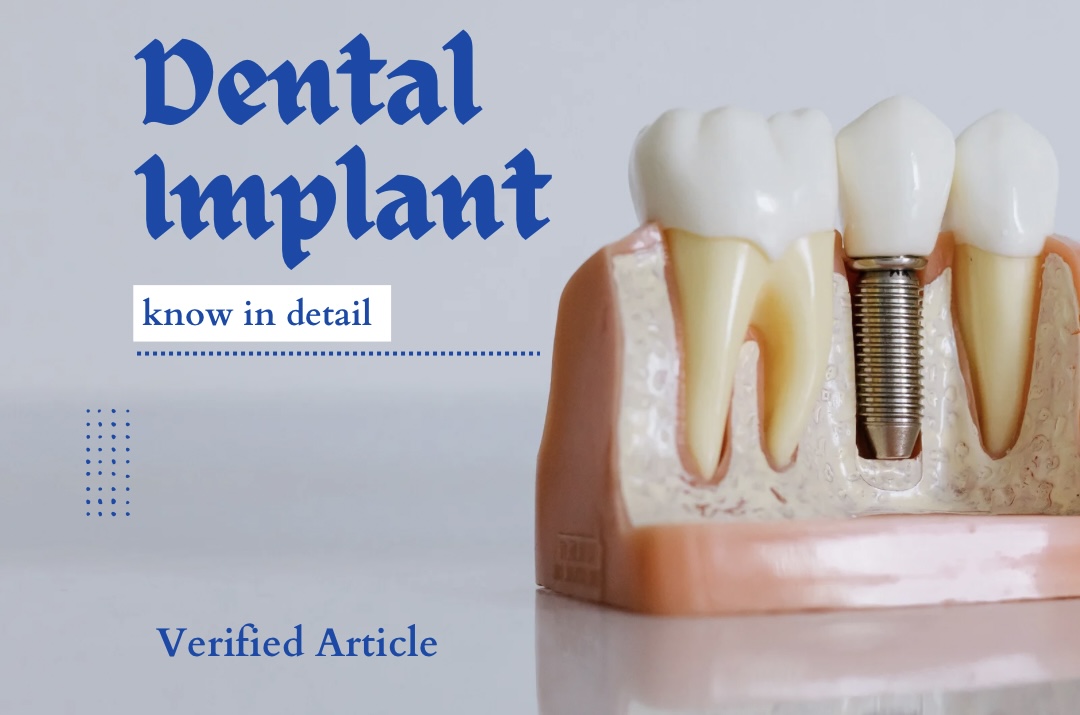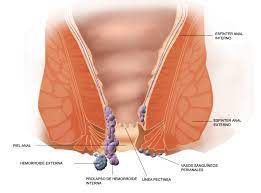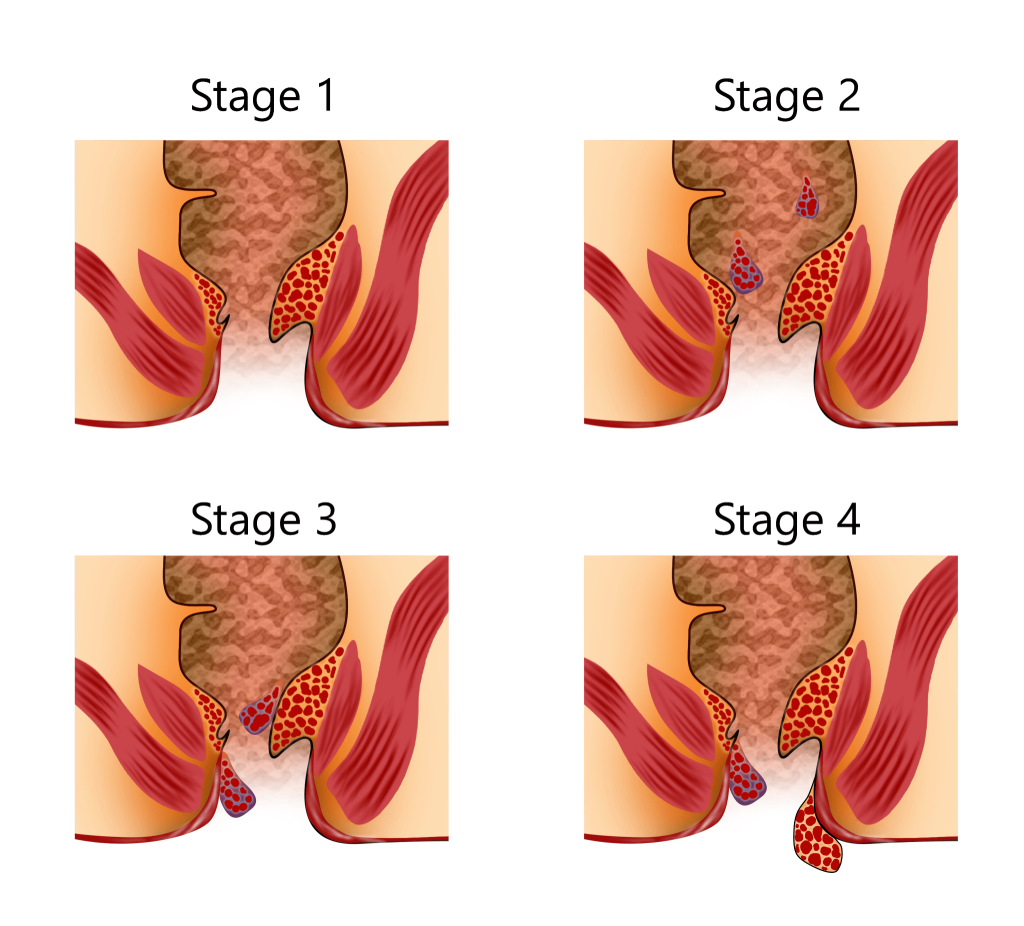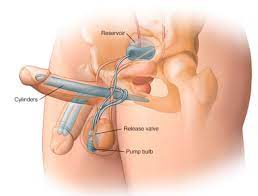All about Dental Implants
Title: Everything You Need to Know About Dental Implants
In the realm of modern dentistry, dental implants have revolutionized the way we approach tooth replacement. Gone are the days when missing teeth meant uncomfortable dentures or bridges. Dental implants offer a permanent and natural-looking solution that restores both function and aesthetics. Let's delve into everything you need to know about dental implants, from their benefits and types to the procedure and aftercare.
**1. What Are Dental Implants?**
Dental implants are artificial tooth roots made of titanium that are surgically implanted into the jawbone. These implants serve as a sturdy foundation for replacement teeth, such as crowns, bridges, or dentures. The process of osseointegration allows the implants to fuse with the jawbone, providing unparalleled stability and durability.
**2. Types of Dental Implants**
- **Endosteal Implants:** These are the most common type of dental implants, surgically placed directly into the jawbone. They are typically shaped like small screws and provide a strong anchor for replacement teeth.
- **Subperiosteal Implants:** Unlike endosteal implants, subperiosteal implants are placed on top of the jawbone but beneath the gum tissue. This type of implant is suitable for patients who have insufficient bone height for traditional implants.
**3. Benefits of Dental Implants**
- **Improved Aesthetics:** Dental implants look and feel like natural teeth, restoring your smile and confidence.
- **Enhanced Functionality:** Unlike traditional dentures, implants allow for comfortable chewing and speaking without slippage or discomfort.
- **Preservation of Jawbone:** Implants stimulate the jawbone, preventing bone loss and maintaining facial structure.
- **Longevity:** With proper care, dental implants can last a lifetime, making them a cost-effective solution in the long run.
**4. The Dental Implant Procedure**
- **Consultation:** The process begins with a comprehensive examination and consultation with a dental implant specialist to assess your eligibility and create a personalized treatment plan.
- **Implant Placement:** During the surgical procedure, the dental implant is carefully placed into the jawbone under local anesthesia. In some cases, temporary restorations may be attached immediately.
- **Osseointegration:** Over the following weeks or months, the implant integrates with the surrounding bone tissue, forming a strong bond.
- **Abutment Placement:** Once osseointegration is complete, an abutment is attached to the implant, serving as a connector for the final restoration.
- **Restoration:** Finally, a custom-made crown, bridge, or denture is securely attached to the abutment, completing the restoration.
**5. Aftercare and Maintenance**
- **Oral Hygiene:** Maintain good oral hygiene by brushing, flossing, and using an antiseptic mouthwash to prevent gum disease and implant failure.
- **Regular Dental Visits:** Schedule regular check-ups with your dentist to ensure the health and longevity of your implants.
- **Avoiding Harmful Habits:** Refrain from smoking, chewing hard objects, or biting down on exceptionally hard foods to protect your implants.
- **Healthy Lifestyle:** Adopting a healthy lifestyle, including a balanced diet and regular exercise, promotes overall oral and systemic health.
**6. Conclusion**
Dental implants offer a life-changing solution for individuals with missing teeth, providing unmatched stability, functionality, and aesthetics. With advancements in implant technology and techniques, more people than ever can benefit from this transformative treatment. If you're considering dental implants, consult with a qualified implant dentist to explore your options and embark on your journey to a confident smile and improved oral health.



























